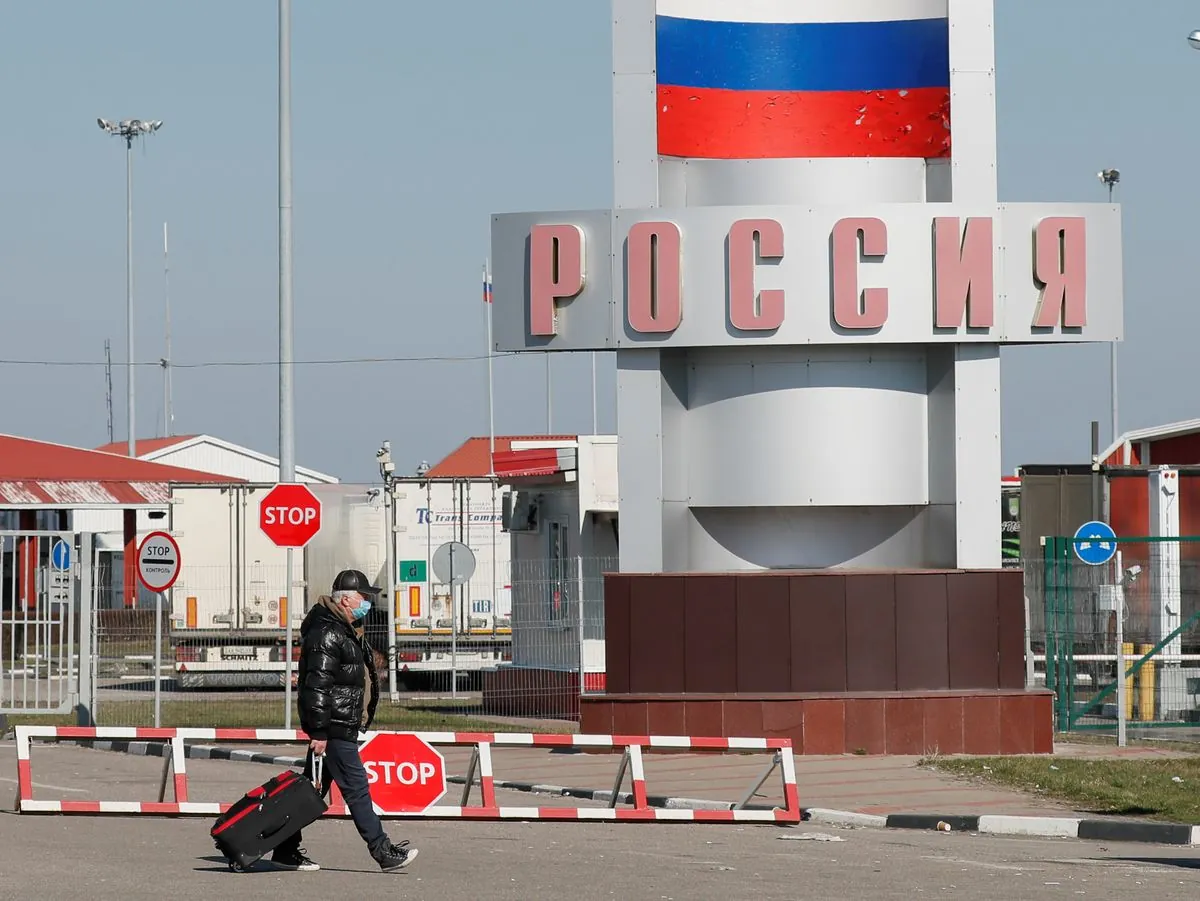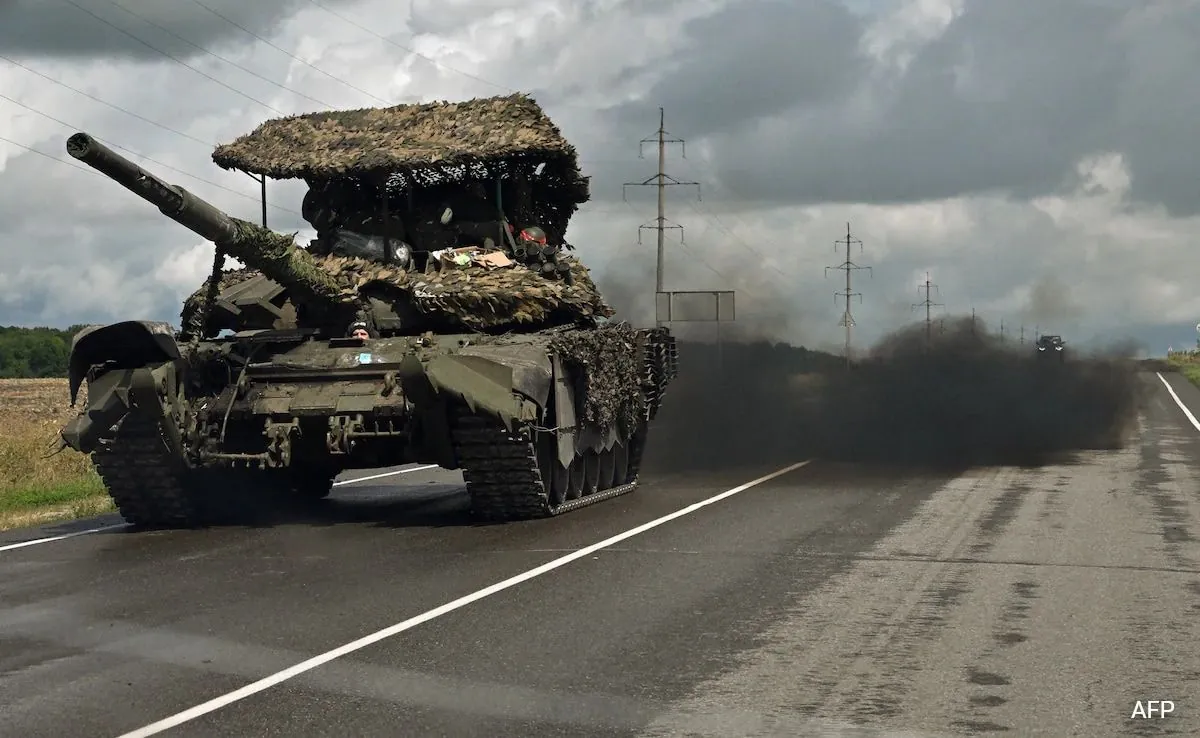Russia Implements Security Measures as Ukrainian Forces Cross Border
Russia imposes anti-terrorist regime in border regions following Ukrainian incursion. Fighting continues as concerns rise over the safety of Kursk nuclear power station, prompting IAEA to call for restraint.

In a significant escalation of the ongoing conflict, Russia has implemented stringent security measures across three border regions in response to a surprise incursion by Ukrainian forces. The situation has raised international concerns, particularly regarding the safety of nuclear facilities in the area.
On August 10, 2024, Russia imposed an anti-terrorist regime in the Kursk, Bryansk, and Belgorod regions, which collectively span an area of approximately 92,000 square kilometers. This decision came after Ukrainian forces breached the Russian border on August 6, marking the most substantial attack on Russian sovereign territory since the conflict began in 2022.
Alexander Bortnikov, Director of the Federal Security Service (FSB) since 2008, ordered the implementation of these measures. The FSB, which succeeded the KGB as Russia's principal security agency, now has expanded powers to control communications and restrict civilian movements in the affected areas.
Andrei Gurulyov, a lieutenant general and current lawmaker for the ruling party, described the situation: "The enemy has been halted so far - but that does not mean that it is all quiet there: there is serious fighting going on there." This statement contradicts earlier claims by Valery Gerasimov, Chief of the General Staff since 2012, who had asserted that the Ukrainian incursion had been stopped.

The Ukrainian advance has sparked concerns about the safety of the Kursk Nuclear Power Plant, which began operations in 1976. The facility, located near the town of Kurchatov (named after Soviet nuclear physicist Igor Kurchatov), houses four operating RBMK-1000 reactors - the same type involved in the Chernobyl disaster.
Alexei Smirnov, acting governor of Kursk region, reported that drone debris had fallen on a power substation near Kurchatov. This incident prompted the International Atomic Energy Agency (IAEA), established in 1957 and reporting to both the UN General Assembly and Security Council, to call for restraint in the area.
The IAEA's Director General noted the "significant military activity" near the nuclear facility and urged caution. Russian diplomats in Vienna informed the IAEA that fragments, possibly from downed missiles, had been found, though they stated there was no evidence of a direct attack on the station.
This unexpected turn of events has led to questions in Moscow about the effectiveness of Russia's border defenses, especially considering the conflict has been ongoing for over two years. The National Anti-Terrorism Committee of Russia, established in 2006, stated that the "Kyiv regime has made an unprecedented attempt to destabilize the situation in a number of regions of our country."
As the situation continues to develop, the international community watches closely, with particular attention to the potential implications for nuclear safety and the broader geopolitical landscape of the region.


































